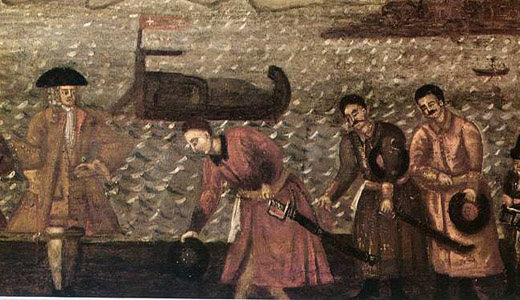 2014
2014
As Iowa voters prepare to elect a new senator, many are highlighting what they see as an unbridgeable gap between cities like Des Moines and the state’s more rural areas, which have seen declines in population and economic growth in recent decades. Some are suggesting rural residents, especially those engaged in farming and other agriculture, are negatively impacted by laws and policies passed by and for wealthier, urban residents. The New York Times reports:
Laurens, which flirted with a population of 1,800 in the 1960s, was down to 1,476 in 2000, then 1,258 in 2010. The story is similar across Iowa: Once-vibrant communities have been shattered in two waves, first by the farm crisis of the 1980s, then by technological improvements that encouraged far bigger farms and required far fewer farmers.
Those who stay are largely Republican. Susie Mayou, a 55-year-old conservative, described herself as heartsick that Democrats had carried Iowa in six of the last seven presidential elections.
“If Iowa gave power based on land ownership, the state would swing 180 degrees,” she said.
 1525
1525
By 1525, the serfs of Europe were fed up with overwork and exploitation by their landowner bosses. That year, a group of workers gathered in Bavaria to put together a list of concerns and demands that would later be reprinted almost 25,000 times. Chief among their concerns? The serfs did all the labor while city-dwellers made all the rules. From The Twelve Articles of the Peasants:
We are aggrieved in the matter of woodcutting, for the noble folk have appropriated all the woods to themselves alone. If a poor man requires wood, he must pay double for it. It is our opinion in regard to a wood which has fallen into the hands of a lord whether spiritual or temporal that unless it was duly purchased it should revert again to the community.
In regard to the excessive services demanded of us which are increased from day to day, we ask that this matter be properly looked into so that we shall not continue to be oppressed in this way, but that some gracious consideration be given us, since our forefathers were required only to serve according to the word of God.
We are burdened with a great evil in the constant making of new laws. We are not judged according to the offence, but sometimes with great ill will, and sometimes much too leniently. In our opinion we should be judged according to the old written law so that the case shall be decided according to its merits and not with partiality.